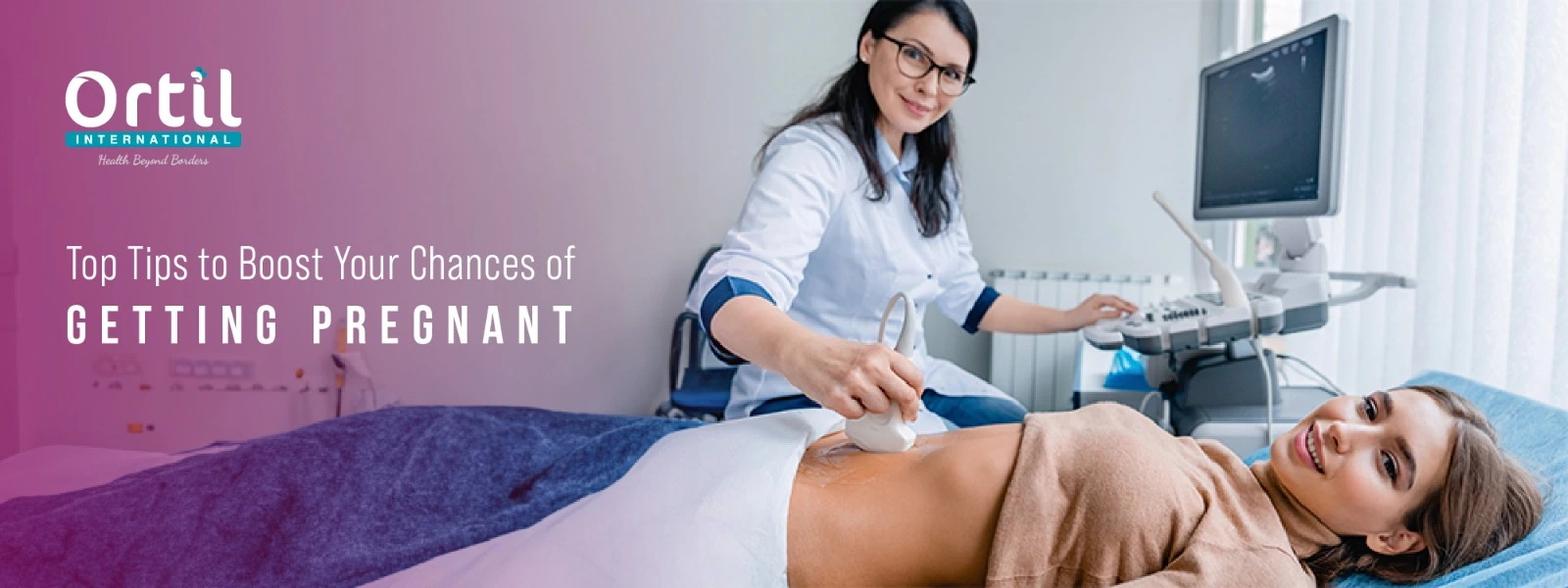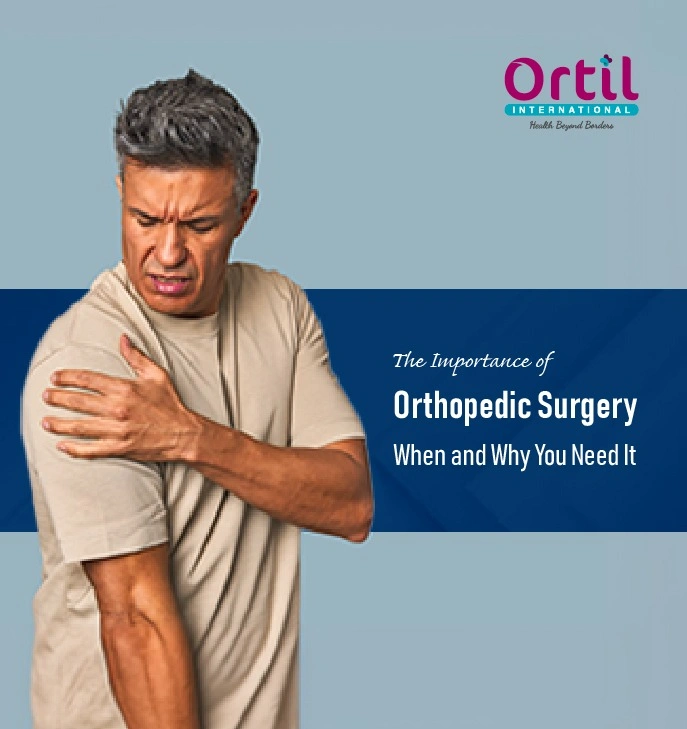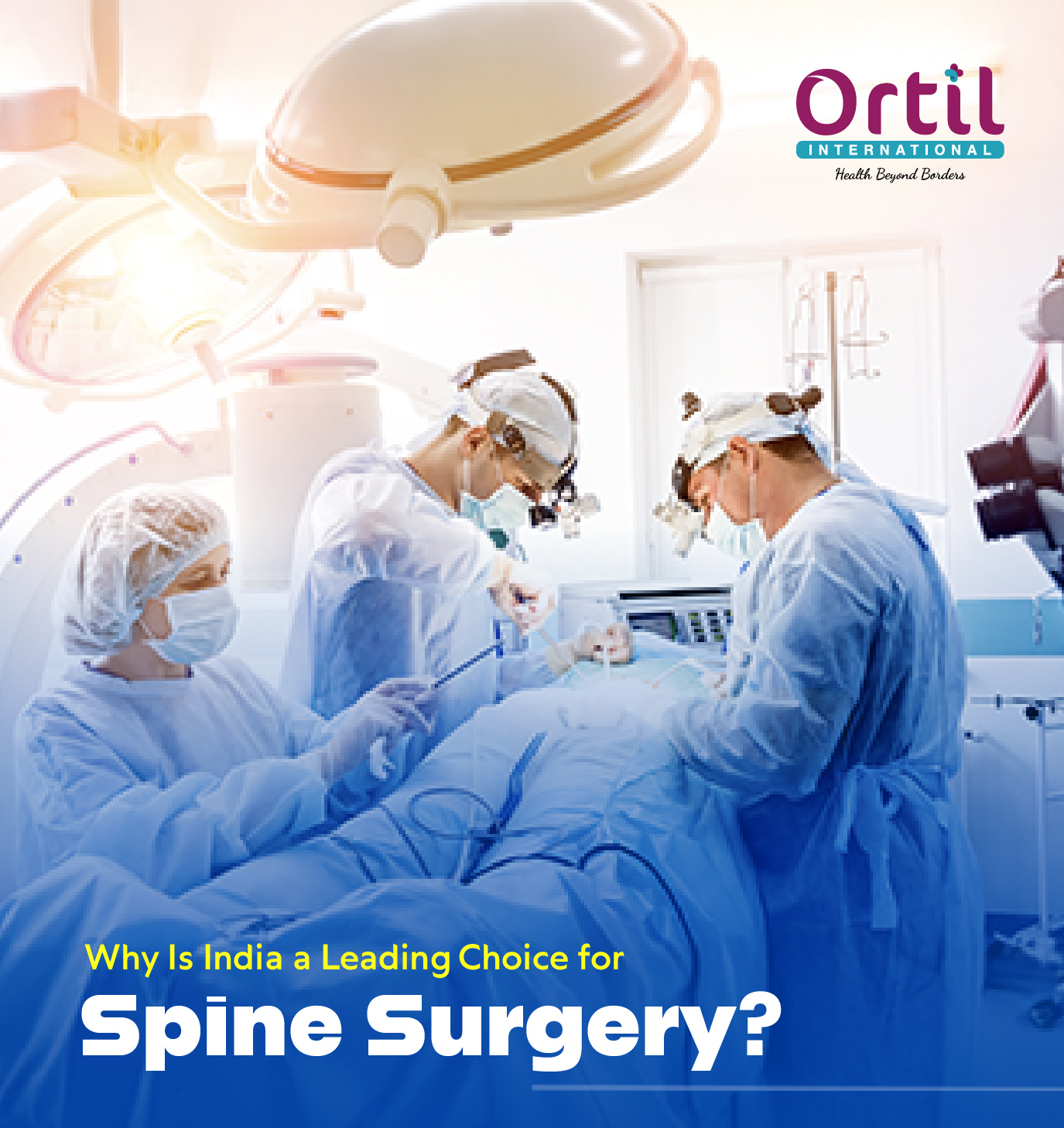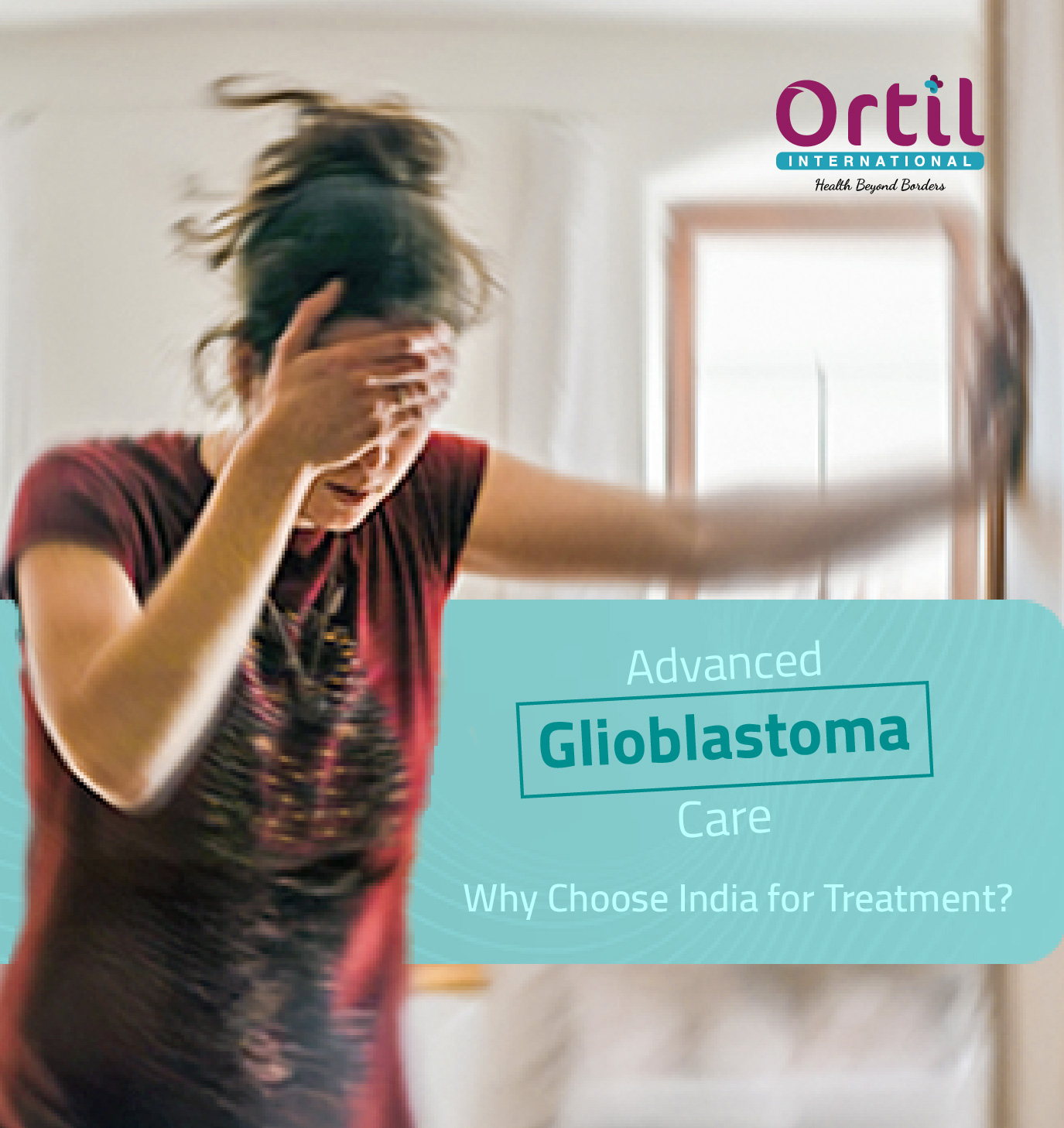How to Increase Your Chances of Getting Pregnant
Like many others, if you face challenges in conceiving, it's important to know you're not alone. There are ways that can increase the chances of getting pregnant, and we're here to guide you through them.

If you are worried about not getting pregnant and are not doing anything about it, then you really are not trying yet. You must be asking yourself questions like “How to increase my chance of getting pregnant,” but don't let infertility stand in the way of your dreams. You should take charge of your reproductive health today. Let’s discuss in detail how you can work on certain things that can get you pregnant.
What is the Monthly Probability of Getting Pregnant?
Have you been trying to conceive? So how to improve chances of getting pregnant?
It is important to know the chances of getting pregnant every month. Understanding the monthly probability of getting pregnant can help you make informed decisions about your fertility.
Getting pregnant depends on many factors, such as the age of the female partner, general health, quality of eggs and sperm, and sexual intercourse at the time of ovulation. A woman has a chance of getting pregnant between 15% and 25% each month. If there is some problem with the reproductive system, the chances become less, and there will be a need for additional care and treatment to conceive.
Methods to Improve the Chances of Conceiving a Baby
How to increase your chances of pregnancy?
Fortunately, we can increase the chances of conceiving a baby by following some methods. Here are some of these:
Maintain a Healthy Lifestyle : You should follow a balanced diet and light exercise to improve your general health, which will increase your chances of conceiving a baby.
Track Ovulation : Ovulation occurs in the middle of each woman's menstrual cycle, and it is a perfect time for conception.
Have Regular, Timed Intercourse : It is a good idea to have regular intercourse, especially when the woman is in the ovulation phase because it is the time when she has a greater chance of getting pregnant. Having sex during this time increases the chances of the sperm meeting the egg and fertilizing it.
Manage Stress : Maintaining a healthy stress level is very important for general health, which directly influences reproductive health.
Avoid Exposure to Harmful Substances : Avoiding environmental pollution, alcohol consumption, caffeine intake, and cigarette smoking can also improve reproductive health.
Address Medical Conditions : If you have a medical condition that can interrupt the chances of conception, you should consult a fertility specialist for individualized treatment.
Consider Preconception Health Screening : Diagnostic or screening tests can also help to find out the cause of infertility, which further helps in making a treatment plan.
Follow these methods to increase your chances of getting pregnant. They can help you start your journey towards parenthood with confidence, and these simple and effective techniques can also improve your fertility health.
What You Need to Know About Ovulation
What is ovulation, and how does it affect the chances of conceiving? Let’s talk about this first so that we can better understand it.
Ovulation is the process in which a mature egg is released from the ovary and is ready to be fertilized by sperm. It typically occurs between the 12th and 21st day of the menstrual cycle, although the exact timing can vary from woman to woman. The average menstrual cycle lasts 28-35 days.
A hormone called luteinizing hormone (LH) increases during ovulation, which causes the release of the most mature egg. The hormone works in favor of conceiving a baby, so it is important to understand your cycle and ovulation period while trying to conceive a baby.
How Long Does It Take to Get Pregnant?
Chances of Getting Pregnant Naturally
If you are a woman with an age of less than 40 years and trying to conceive, then you can get pregnant by having regular, unprotected sex. There is a good chance for you to get pregnant within a year. If you have no complications and good reproductive health, then it will take less than a year for you to get pregnant.
Effect of Age on Pregnancy
However, age plays an important role in conceiving. After the age of 35, the chances of getting pregnant naturally decrease. It is important to note that fertility declines with age. For women who are trying to conceive a baby after the age of 40, fertility treatments may be recommended due to the decrease in the number and quality of eggs. Additionally, male fertility also declines with age after 40 to 45 years.
How Do You Improve your Chances of Getting Pregnant?
By understanding your cycle, reproductive health, and factors that can affect the chances of getting pregnant, you can make a positive change for yourself to fulfill your dream.
How to increase your chances of getting pregnant?
Here are some of the things you should work on to improve the chances of pregnancy:
- You should have sexual intercourse every 2 to 3 days.
- Understand your menstrual cycle to identify the ovulation period.
- Track your ovulation period to maximize the chances of pregnancy.
- Maintain a healthy lifestyle with a balanced diet and regular exercise.
- Avoid smoking, excessive alcohol consumption, and caffeine intake.
- Manage your stress level through relaxation techniques and engaging activities.
- Consider preconception health screenings for both partners.
- Consult with a fertility specialist if pregnancy doesn't occur after a year of trying or six months if you are older than 35 years.
- Manage any other medical conditions that may affect your fertility.
Conclusion
How to increase chances of getting pregnant can be a concern for many. People struggle to conceive even after trying their best, but fortunately, there are some methods they can follow to increase their chances of progress. Making necessary lifestyle adjustments and avoiding certain things can increase their chances of pregnancy. In some complicated cases, additional treatments are used when reproductive health is compromised for any reason.
FAQ's on How to Improve your Chance to Get Pregnant
How Can I maximize My Chances of Getting Pregnant?
By tracking ovulation, having regular intercourse, and having a healthy lifestyle, you can maximize the chances of pregnancy.
How Can I Make Myself more Fertile to Get Pregnant?
Track your fertile window, identify the cause of infertility, and reduce your stress level to make yourself more fertile.
How Can I Release Two Eggs During Ovulation Naturally?
Some natural foods like wheat, whole grains, and sweet potato can help you increase egg production.
What Gives you a Higher Chance of Getting Pregnant?
Having sexual intercourse during the ovulation period increases the chances of pregnancy.
What is the Most Significant Factor in Getting Pregnant?
Good reproductive health and age below 35 years can be the most significant factors that can affect the chances of getting pregnant.
















.webp)


